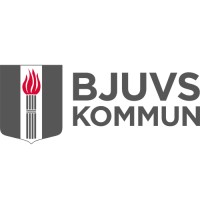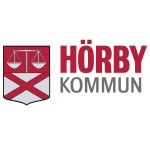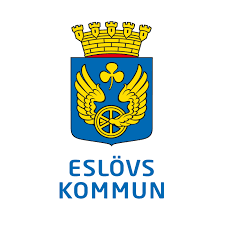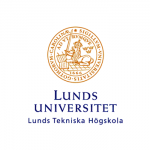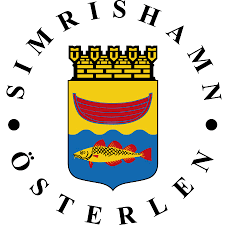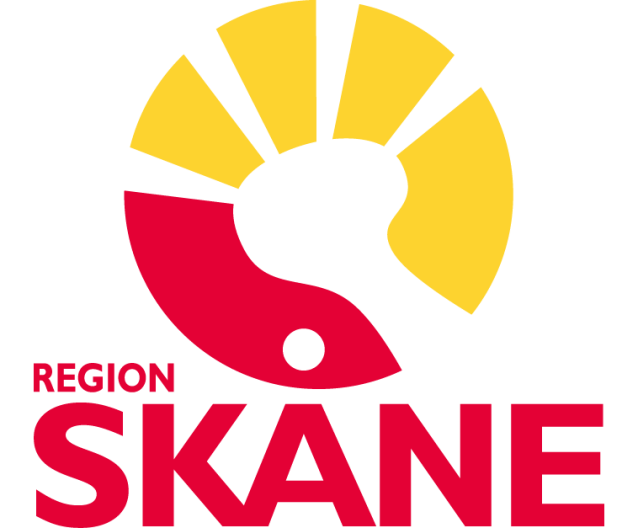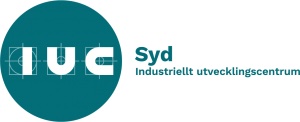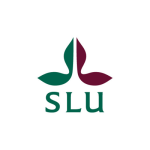Circular Development Hub for Food
You have found the page where we sum up the basics about our development hub.
We develop capacity for circular transition
Climate adaptation is the biggest challenge humanity faces, and we know that we need to think anew and make smarter choices, faster. Today, the food we eat accounts for a significant part of the climate impact – which also means that the food system is part of the solution. We need to identify the opportunities and simply speed up the pace of change in the ways we can.
Food is close to us all, throughout life, and the choices we make matter at the individual level, the system level, and in the global puzzle. So, how can the food industry address the challenges? By more clearly highlighting food as the growing force for change it actually is!
There are no universal solutions, but there is a huge untapped potential for increased sustainability in our current food system – linear flows where valuable resources and synergies are currently lost can be modified and recirculated.
The transition to a more circular economy is already underway, and the demand for sustainability through circularity is increasing from governing structures at all levels. Here, consensus and cooperation are needed for the food industry to be at the forefront. We believe that a development hub focusing on circularity can capture, spread, and create new knowledge and thereby effectively develop #CirkuLärdomar in the food system.
Therefore, the project Circular Development Hub for Food now exists, a joint effort where the focus is on collaboration in the borderland between companies, academia, and society. The goal is to develop capacity and thereby hasten the transition to a circular sustainable food system where no resources are wasted.
